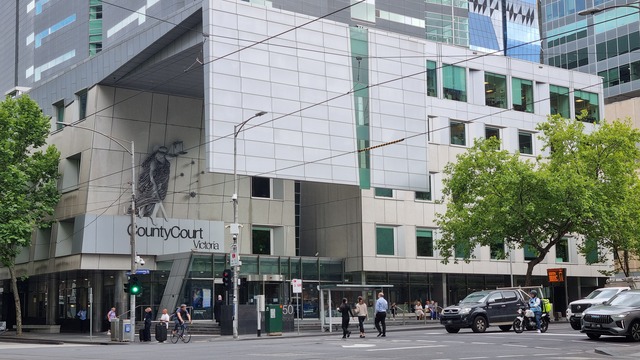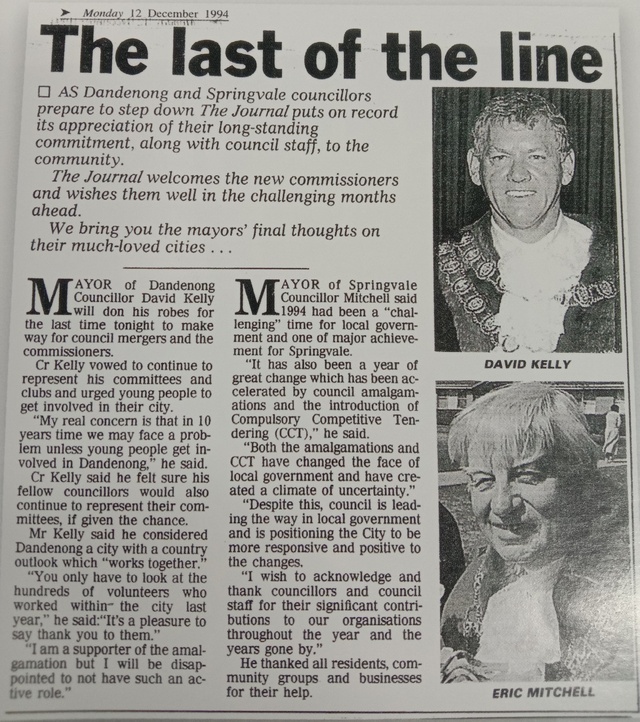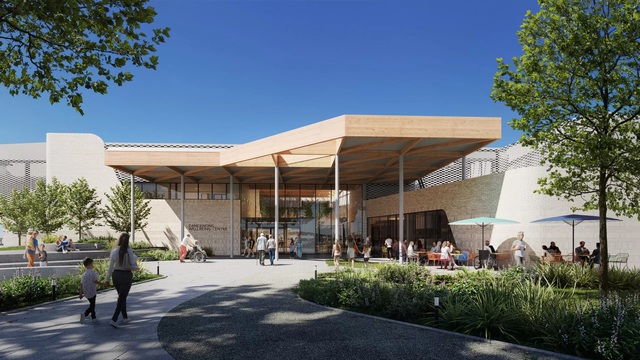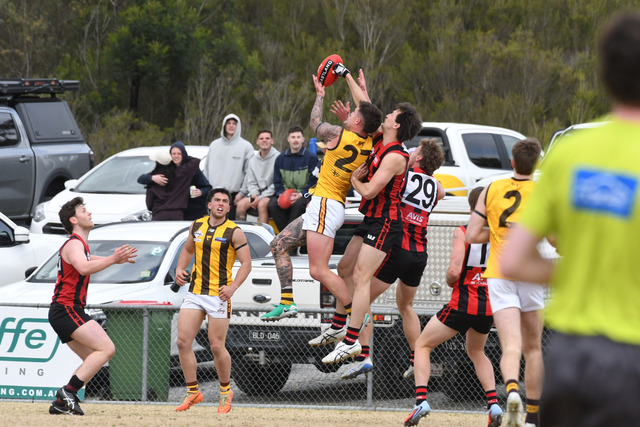By Shaun Inguanzo
NOBLE Park’s Adanech Geleta has one more reason to call Australia home after receiving her official citizenship status today.
The 26yearold fled the African nation Oromia in 1999 after the oppressive Ethiopian Government placed her in prison for speaking her native Oromo language.
Ethiopia governs the country, with a population of 30 million, against the Oromo people’s will.
Ms Geleta said Oromia is a very different place from Ethiopia, with its own language, culture and people.
The country’s plight is similar to East Timor’s fight for independence from Indonesia.
Southern Health social worker Habte Tolessa Bechere, who fled Oromia for similar reasons to Ms Geleta, said the country was still fighting to separate itself from Ethiopian control.
Mr Tolessa Bechere migrated to Australia in 1994 and played a vital role in helping Ms Geleta integrate with Australian society.
Ms Geleta said she was imprisoned for 11 months in 1999 while studying at university, and upon release she decided to flee the country in search of a better opportunity.
“We were not allowed to do anything, we had no power, not as business people, not in offices, and we could not find any jobs,” she said.
Ms Geleta was placed under a secure resettlement program by the United Nations for several years, and spent her time in a Kenyan refugee camp.
The Australian Government then offered her a chance to resettle in Victoria, an opportunity that has helped her to fulfil her goals beyond her dreams.
She is now a qualified nurse at an aged care facility in Noble Park, and often sends money back to her family in Oromia to assist them with basic needs.
She said being Australian meant everything to her.
Ms Geleta will be presented with her Australian citizenship status today at a ceremony with other new citizens at Springvale’s Town Hall.
“I just want to say thank you to the Australian Government for doing all these things for me. I never imagined I would get all this,” she said.
Ms Geleta said opportunities were aplenty in Australia compared to Oromia.
“Everything you need you can get everywhere (in Australia), and I like the way Australians have helped me.”
But one of Australia’s newest citizens still holds Oromia close to her heart, and urged people to make a clear distinction between Ethiopia and her own country.
“When people hear I came from Ethiopia, we got this name by force. (Oromo people) call our country Oromia,” she said.
Mr Tolessa Bechere said the Oromo people had been forced to speak Aramic (Ethiopia’s language), and the Ethiopian Government continually picked on Oromo people because of their differences.
New citizen from
Digital Editions
-
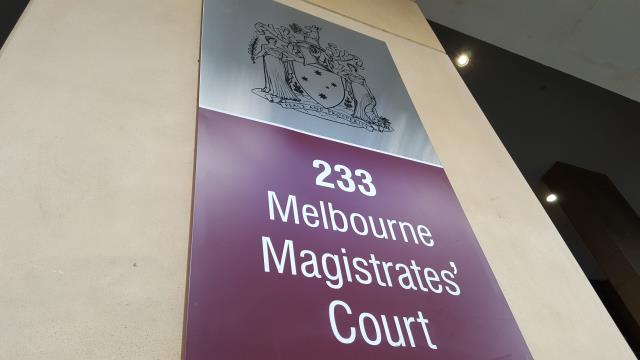
Woman admits throwing baby outside in plastic bag
Purchase this photo from Pic Store: 171634 A woman who bagged and threw a newborn baby out a window has pleaded guilty to the shocking…

